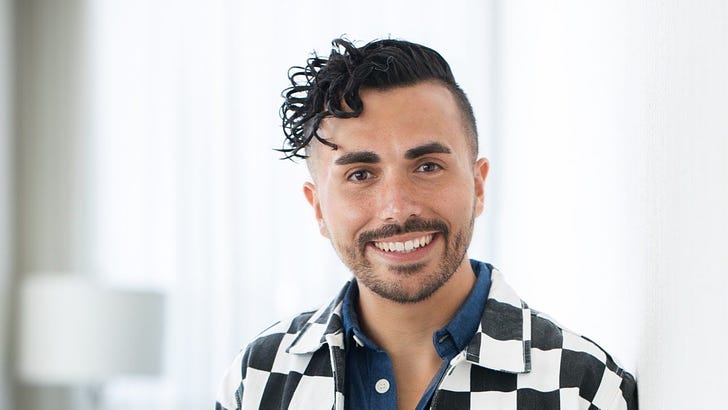The Role of Parents in Recovering from Learning Loss and Literacy
I spoke recently with Alejandro Gibes de Gac. He’s the CEO and founder of Springboard Collaborative. Alejandro and I first got to know each other through a series of conversations about innovation in his own organization, but I've become quite compelled by his broader message around the importance of schools consciously supporting and leveraging parents in the education of their children. It's also a perspective that all too often gets lost in the narrative around how best to engage students, how best to build literacy, and in the current moment, how to recover from all the devastation and learning losses that we've seen out of the pandemic.
With that as backdrop, enjoy the conversation, which you can read, watch, or listen to below.
Michael Horn: It is so good to see you. Thanks for being here.
Alejandro: Great to see you. Thanks for having me, and thanks for the kind intro.
Horn: Yeah, you bet. I probably did a terrible job of outlining what Springboard itself actually does in the organization.
Alejandro: You nailed it.
Horn: Why don't I give you a few minutes just to lay out what is Springboard, what's the work that you have been engaged with, with schools and districts over the last many years?
Alejandro: Sure. Yeah, you got it. The beating heart of Springboard's work is parent engagement, so I'll start there with my parents. I'm half Chilean, half Puerto Rican. My parents escaped political persecution after my dad in 1973, he wrote a play in protest of the dictator Pinochet. As you can imagine, Pinochet was less than amused, so my dad became one of many political prisoners during that time period. He was luckier than many of his friends to make it out alive, even luckier to meet my mom. My mom is my Puerto Rican half. She's one of 12 siblings and the first one in her family go to college.
Anyhow, my parents immigrated to the US like so many, so that my sister and me could have better educational opportunities. Unfortunately, it didn't take long in Carlton, Georgia for them to realize that not every public school delivers on the promise of educational opportunity. So new strategy was, we'd rent the tiniest house in an affluent community with a highly rated public school in New Jersey. They figured, well, that's got to be the ticket. It's a great school. But it didn't work. My sister and I excelled in spite of the school, not because of it.
My teachers growing up, they only ever treated my parents like pushy immigrants that didn't belong in the school system, frankly, the same way my classmates treated me, and the school just systematically put hurdle after hurdle in front of my family all the way through junior year. I'm poised to be the valedictorian and the high school guidance counselor tries to convince me not to apply to Harvard to avoid the disappointment of rejection. Later that fall, she seemed disappointed to see my acceptance letter.
I share that all, because for me, the experience of going to school was that my parents were the only people who were consistently in my corner, who believed in me and my sister, who saw our potential and helped us to set and achieve one goal, then the next and the next and the next. The school system never saw any of that value in my family. I carried that with me into the classroom. I joined Teach for America, became a first grade teacher in North Philly teaching in a Puerto Rican neighborhood where I saw myself in my students and I saw my parents in theirs. But the same thing was playing out. I felt like my school and our system was approaching Black and brown parents like mine as liabilities rather than as assets. People thought of a kid's home life as a risk to be mitigated rather than a resource to be cultivated.
I knew from my lived experience that that was a missed opportunity. And then I learned from the research that shows that parental involvement in their children's learning is a more powerful predictor of academic success than any other variable, including race, including class. Families, not schools, are the biggest determinants of their children's learning, and our system isn't doing enough about that. So very long story short, that's why I founded Springboard 10 years ago now, to close the literacy gap by bridging the gap between home and school. We do that by coaching parents and teachers to team up and accelerate student learning. There is actually a formula. I don't think it was a bad word to use.
Keep reading with a 7-day free trial
Subscribe to The Future of Education to keep reading this post and get 7 days of free access to the full post archives.




